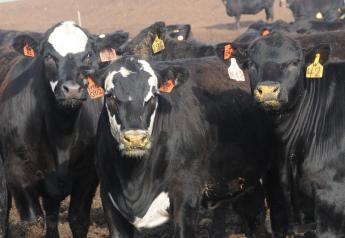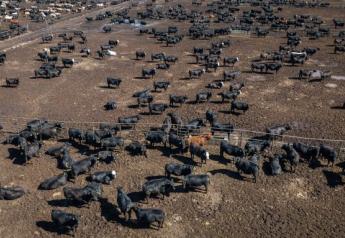FSIS to Implement Additional Measures for Food Safety

USDA's Food Safety and Inspection Service (FSIS) intends to implement new traceback measures in order to control pathogens earlier and prevent them from triggering foodborne illnesses and outbreaks.
FSIS is proposing to launch traceback investigations earlier and identify additional potentially contaminated product when the agency finds E. coli O157:H7 through its routine sampling program. When FSIS receives an indication of contamination through presumptive positive test results for E. coli, it will move quickly to identify the supplier of the product and any processors who received contaminated product from the supplier, once confirmation is received. This proposed change in policy gives FSIS the opportunity to better prevent contaminated product from reaching consumers. Learn more about the traceback proposed change in policy.
FSIS is implementing three provisions included in the Food, Conservation and Energy Act of 2008 (the 2008 farm bill). The new regulations, published as a Final Rule and directed by Congress, require establishments to prepare and maintain recall procedures, to notify FSIS within 24 hours that a meat or poultry product that could harm consumers has been shipped into commerce, and to document each reassessment of their hazard analysis and critical control points (HACCP) system food safety plans. Learn more about the farm bill provisions.
FSIS is announcing the availability of guidance to plants on the steps that are necessary to establish that their HACCP food safety systems will work as designed to control the food safety hazards that they confront. This process, called "validation," enables companies to ensure that their food safety systems are effective for preventing foodborne illness. This notice announces that the draft guidance document is available for comment. Learn more about HACCP validation draft guidance.
The documents are expected to be published in the Federal Register next week.







